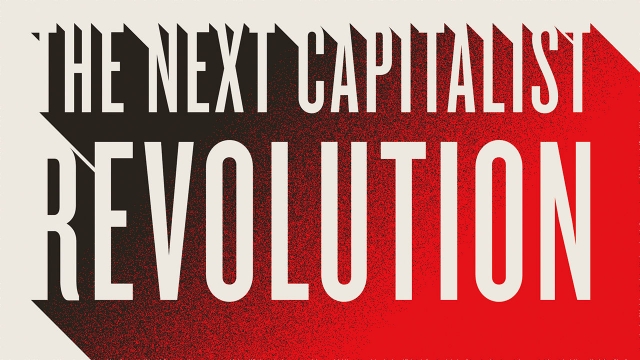
An article published in The Economist on November 15th, 2018, discusses the implications of a disturbing new survey, conducted in 2016: “more than half of all Americans no longer support capitalism.” Today, the tech industry is dominated by a few players, which is inhibiting new market players chance to compete effectively. The Economist Editorial Board advocates that: “A revolution is indeed needed — one that unleashes competition, forcing down abnormally high profits today and ensuring that innovation can thrive tomorrow.”
This is not a new idea. Countries have protected competition by pursuing antitrust actions before. In the early 1900s, the United States broke up the major railroads in order to spur competition within the industry. In Germany during the 1940s, the government put the creation of a competitive economy at the forefront of its nation-building project. Margaret Thatcher’s promotion of a European single market greatly increased competition in the European market. In the United States, Ronald Reagan promoted laissez-faire economics (against government intervention). Thus, countries have employed campaigns before to protect competition.
The Economist presents compelling statistics; one-tenth of the economy is dominated by four firms that make up two-thirds of revenue: “In a healthy economy you would expect profits to be competed down, but the free cash flow of companies is 76 percent above its 50-year average, relative to GDP.” Thus, in order to protect competition against monopolies, antitrust legislation is needed to promote healthy competition.
While this article promotes great ideas, I’m unconvinced that was the goal of the 2016 survey. While it impossible to know what the majority of Americans think from one survey, I’ve noticed a curious trend, and one that seems to be counterproductive and ill-informed at best — a resort to socialism. Although capitalism most certainly has its drawbacks, rejecting capitalism outright is definitely not the answer. Most Americans who disagree with capitalism disagree with a certain aspect of it, however, they come out as not liking capitalism at all. For example, among those who argue for a socialist economy at NYU don’t seem to have a problem with taking advantage of a private education and using products produced by a private economy. This does not mean, however, that they cannot critique it. Milton Friedman and Paul Wolfowitz expounded the idea of a laissez-faire economics system — a system with minimal government interference — because they had been exposed to systems which didn’t allow any market to develop.
There are ways to fuel competition without attacking the core capitalistic principles. For example, require companies to share their innovative practices with other companies after a period of time. In addition, Congress should tear down barriers to entry, “such as non-compete clauses, occupational licensing requirements and complex regulations written by industry lobbyists.”
– Charles Moxley


